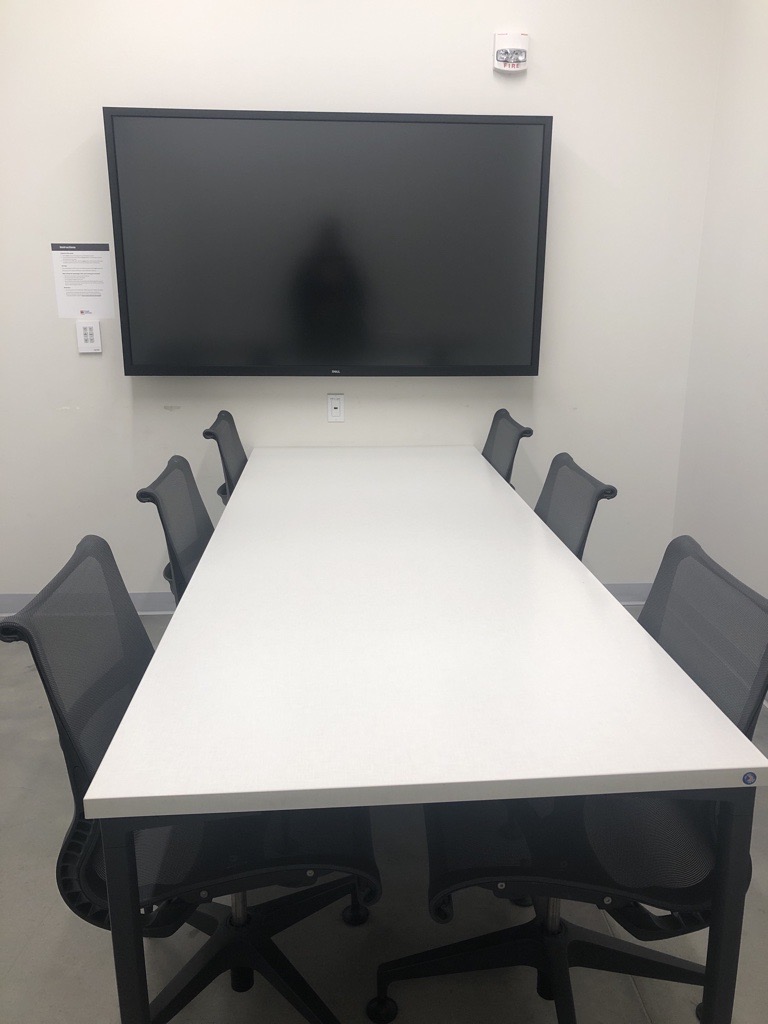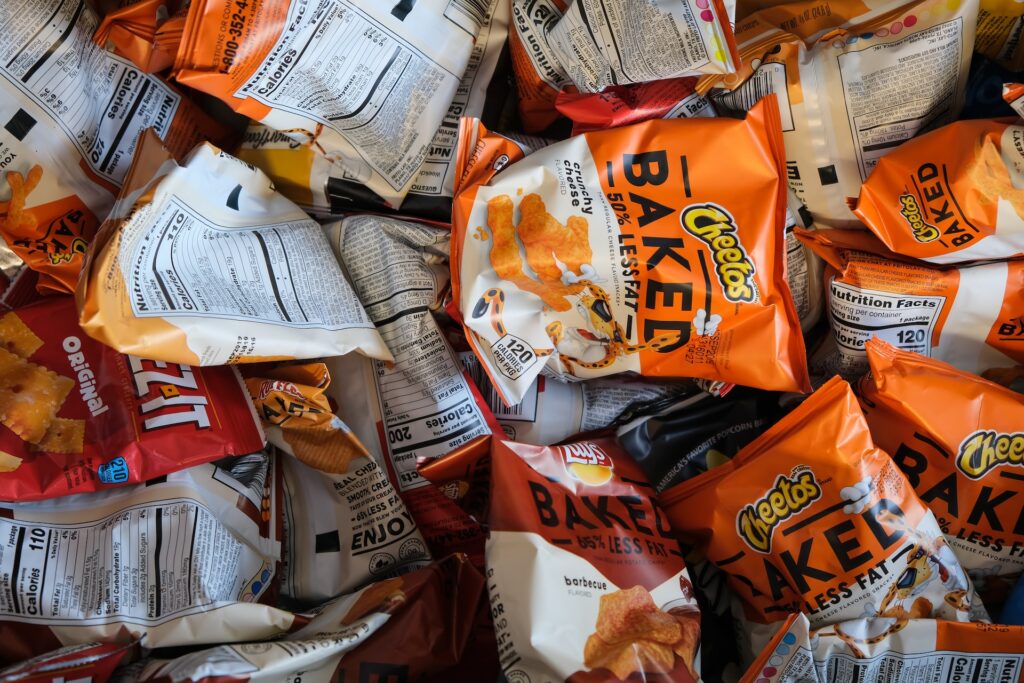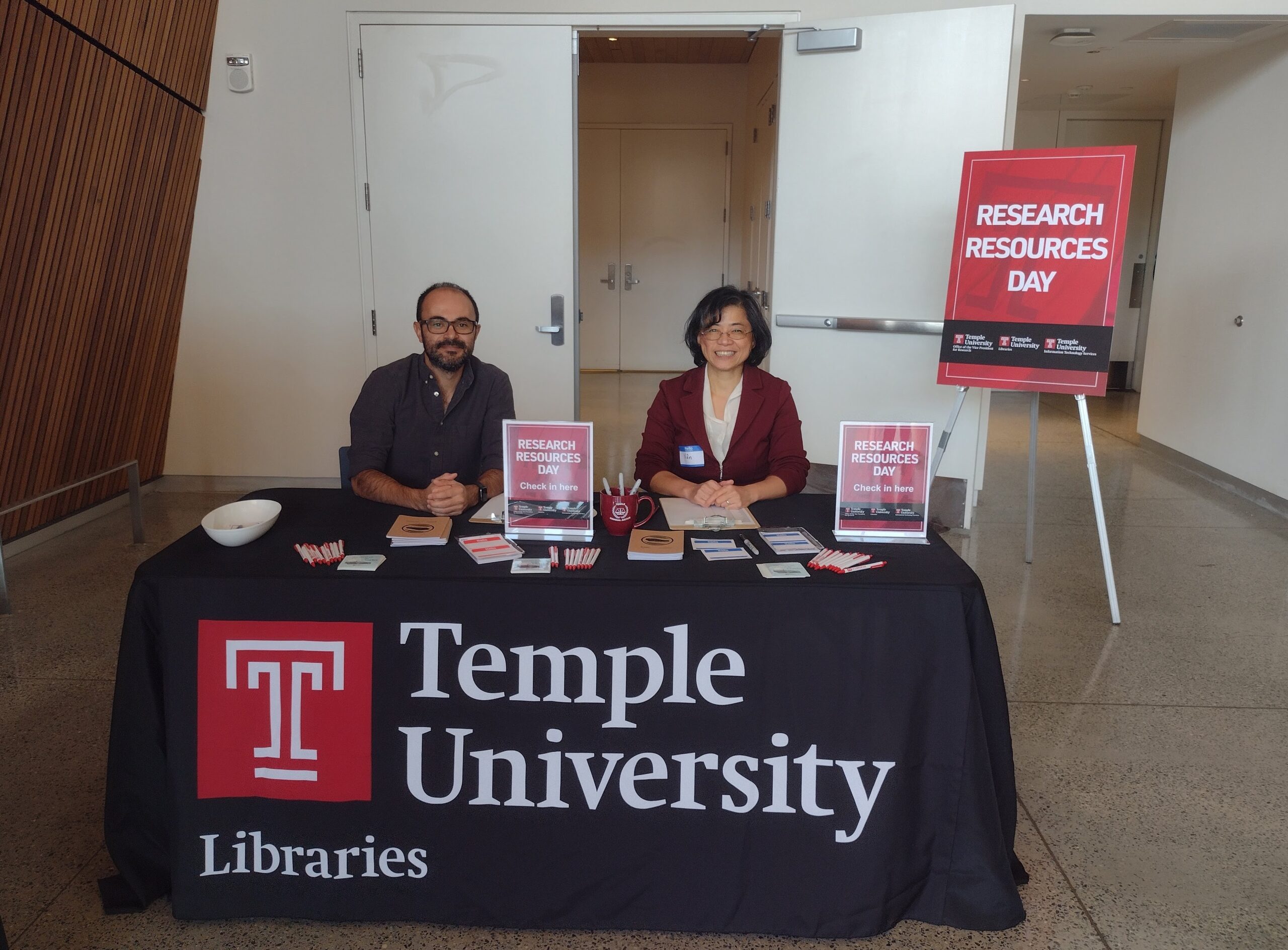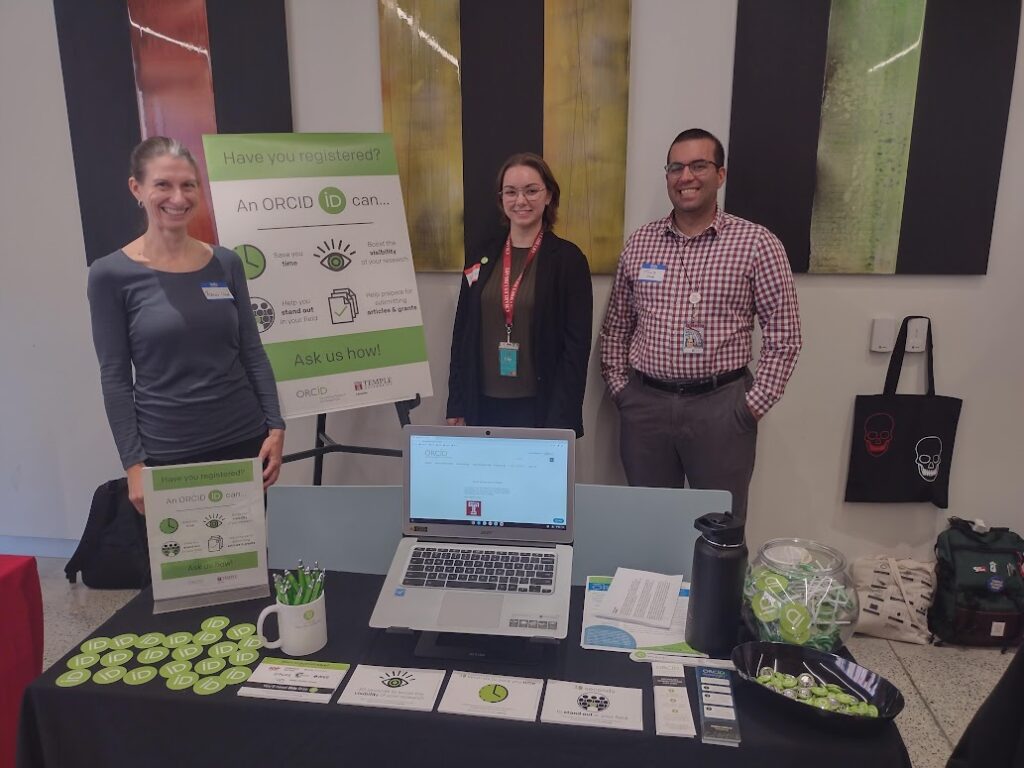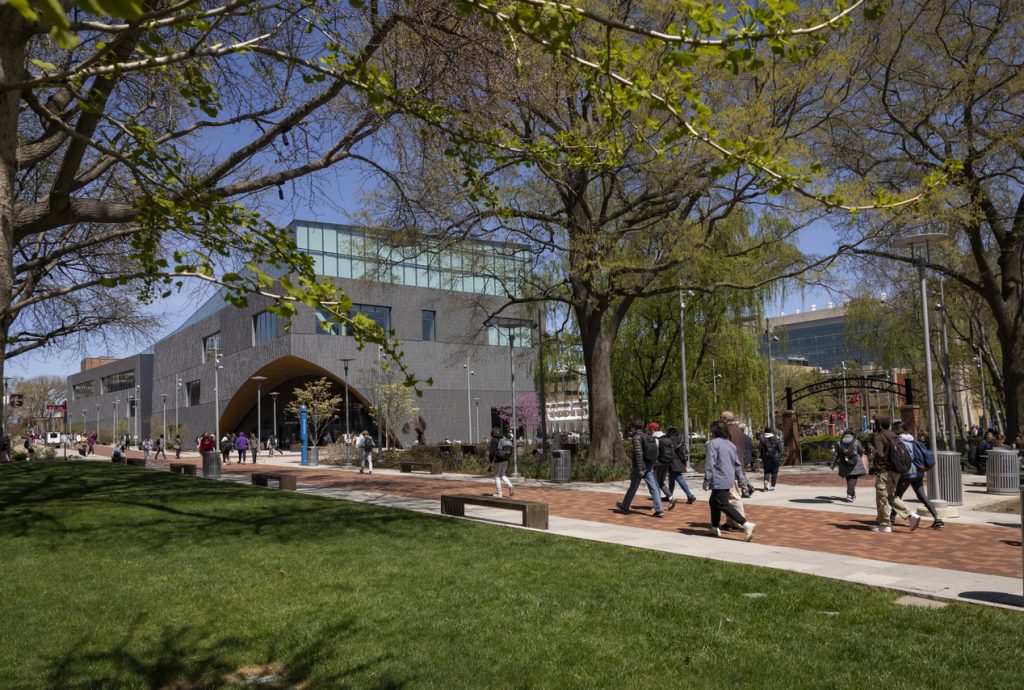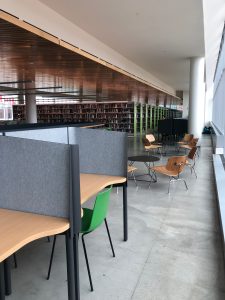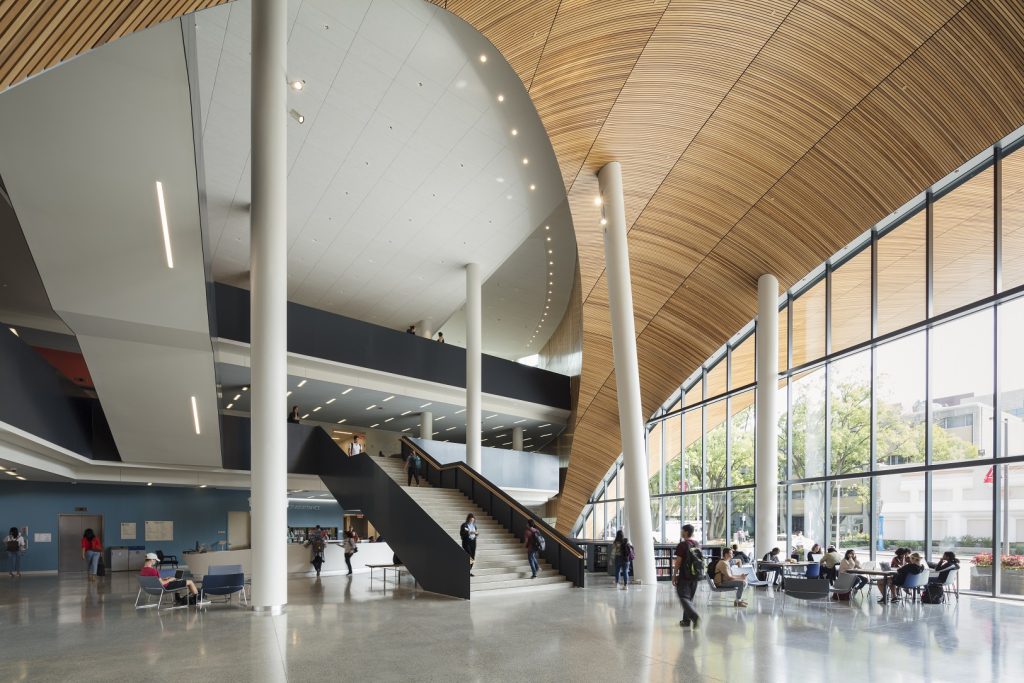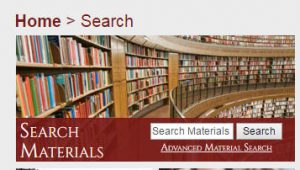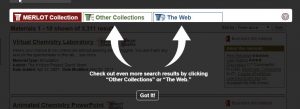My name is Emily Foster, and I’ve had the honor of completing my field study for my Master of Library & Information Sciences from the University of Maryland at the Ginsburg Health Sciences Library this semester. Being at Temple for these past few months has been a strange kind of homecoming for me, since I’m originally a Temple owl (History ‘21)!
Medical librarianship isn’t a particularly popular career goal in my cohort (in fact, as far as I know, I’m the only one pursuing it!) but after working for two years as an emergency department technician, then a public library assistant, I got to thinking: is there a way to combine these two interests? After starting my MLIS and realizing this was something I’d like to do, I reached out to Rebecca Lloyd, the History Subject Librarian at Charles Library, and she put me in contact with Jenny Pierce, Head of Research, Education and Outreach Services at Ginsburg Library, and the rest is history.
I feel so lucky to have experienced so many different things at the Health Sciences Libraries. One of the major projects I worked on was entering metadata for research posters created by new-to-practice nurses in the nurse residency program at Temple University Hospital. This evidence-based research is conducted over one year and culminates in a poster highlighting a problem—and a potential solution to that problem—identified within the hospital, typically on the floor that nurse resident works on. The nurses are then expected to implement their findings on their floors. The metadata I generated was used to enter the posters into TUScholarShare, Temple’s institutional repository. This was a really exciting project because not only does it showcase the hard work of past nurse residents, but it also makes the results of their research available to future scholars.
Ginsburg Library is truly fascinating behind the scenes. I met everyone who works here, got my hands on a little bit of everything, and received patient and extremely knowledgeable guidance along the way. I was given an amazing chance to put into practice the skills I gained during my program, as well as to add new skills that only on-the-job training could provide. While leaving is bittersweet, I’m so happy and grateful for the time I spent here.


